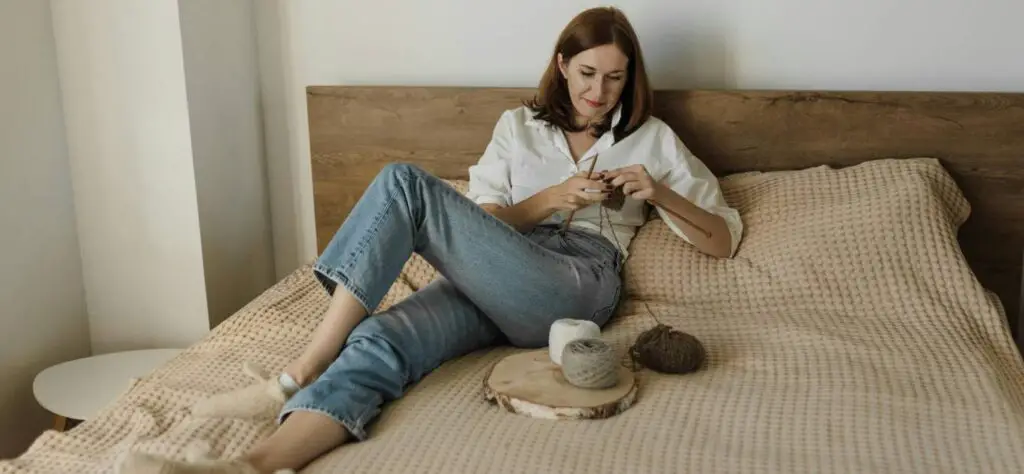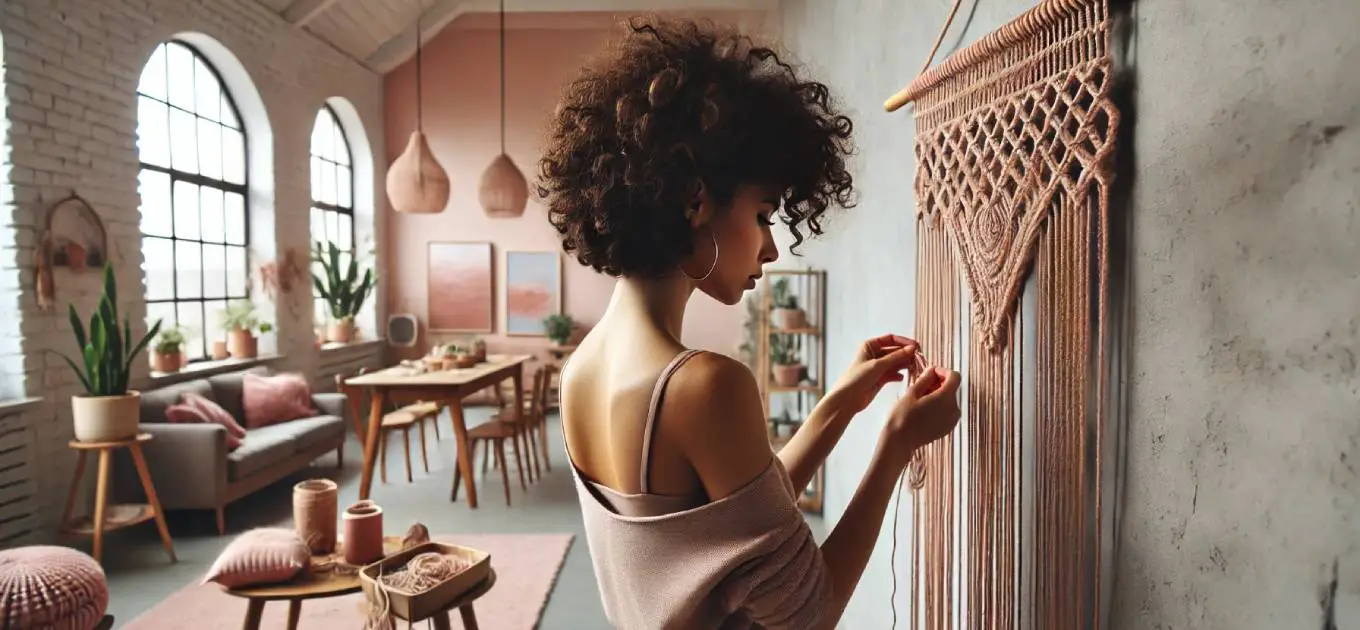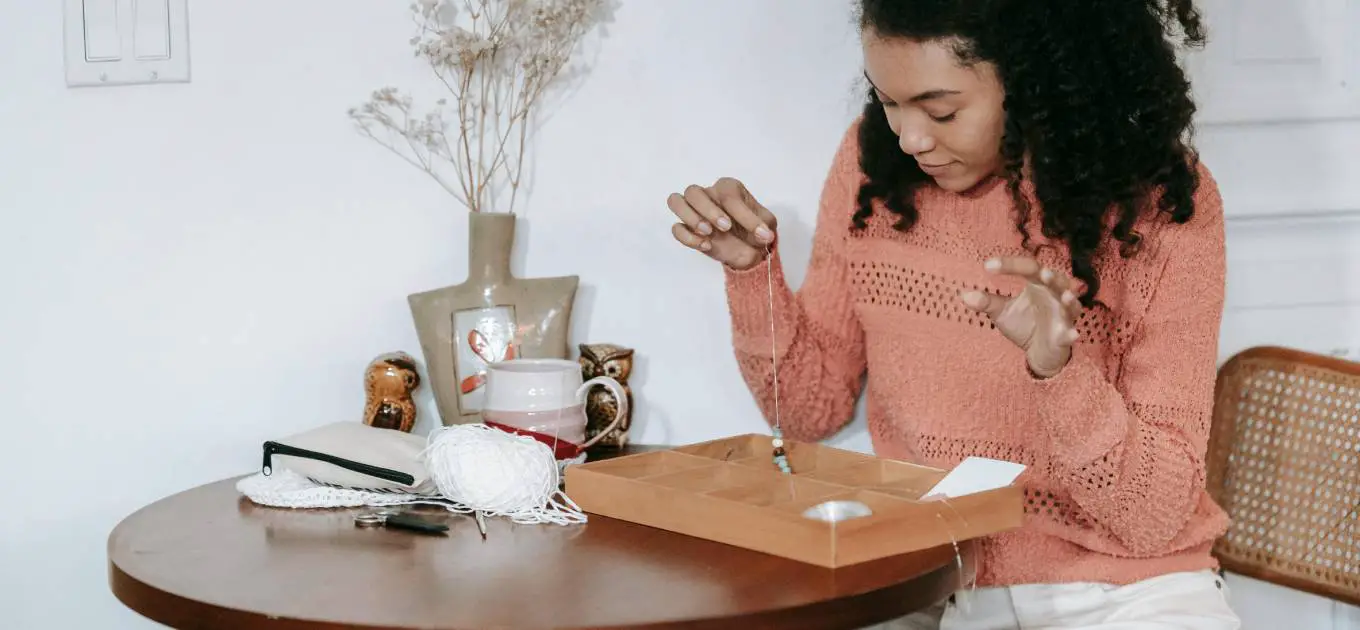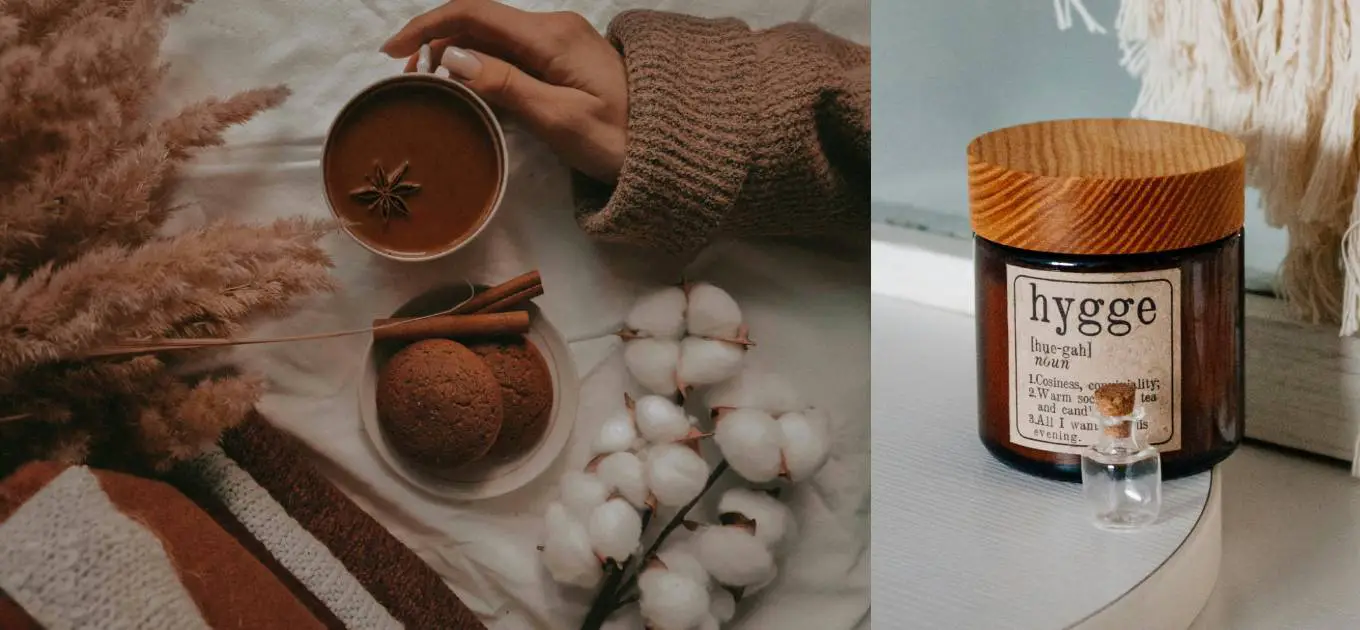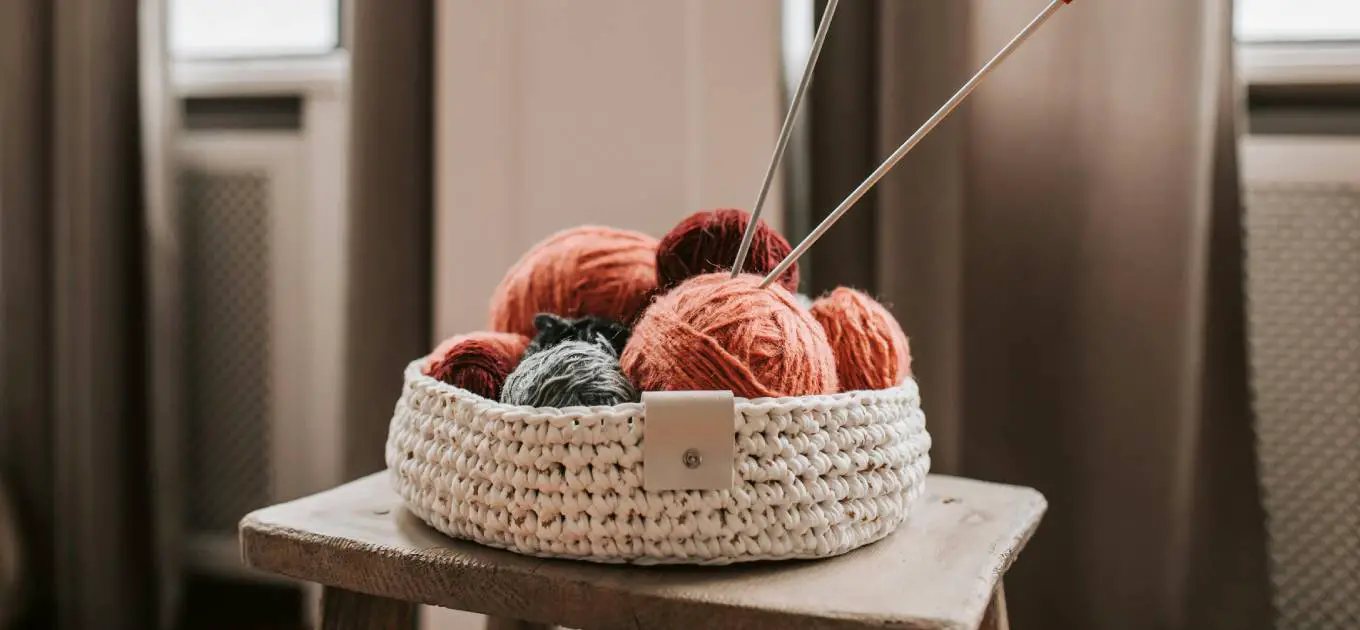
Knitting 101: Discovering the Craft’s Origins
September 25, 2024 by Kate
If you’re anything like me, you’ve probably found yourself intrigued by the world of knitting. After starting with macrame, I decided to give knitting a try and quickly discovered how therapeutic and rewarding it can be. In this blog, we’ll explore the basics, dive into the fascinating background of knitting, and answer some common beginner questions along the way.
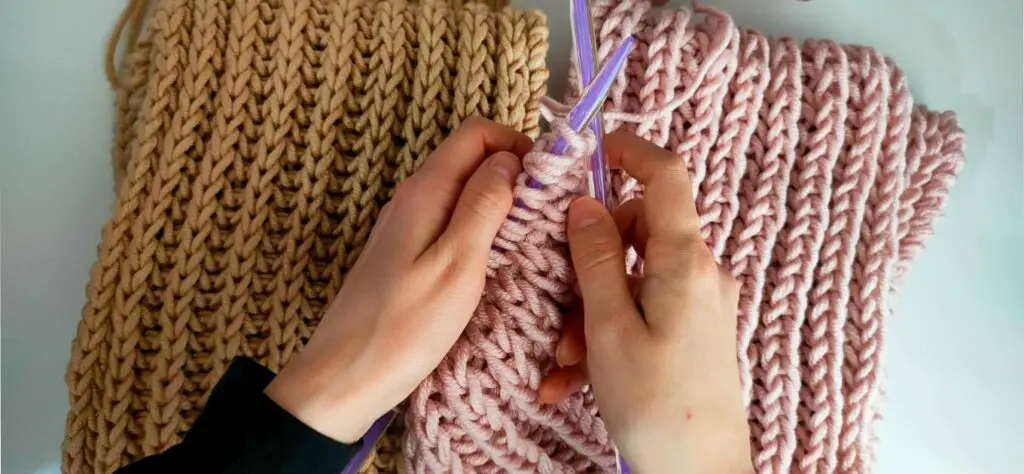
Common Questions
As you start your knitting journey, you might be curious about more than just the “how-tos”—like where knitting came from, why certain techniques are used, or how it’s evolved over time. In this section, we’ll dive into some fun and fascinating FAQs to give you a deeper appreciation for the craft!
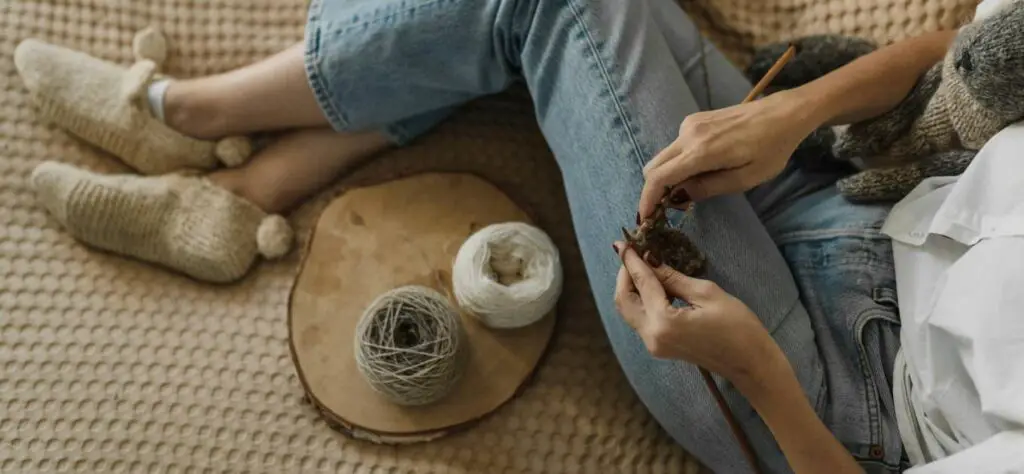
Where did knitting originate?
Knitting originated in the Middle East, specifically in Egypt, before spreading to Europe during the Middle Ages. Early examples of intricate knit pieces highlight how this craft became central to both functional and decorative textile traditions.
Why is knitting amazing?
Knitting is amazing because it allows you to create beautiful, personalised garments and accessories from just yarn and needles. It promotes creativity while producing functional, one-of-a-kind items. Its meditative rhythm can also reduce stress and enhance focus.
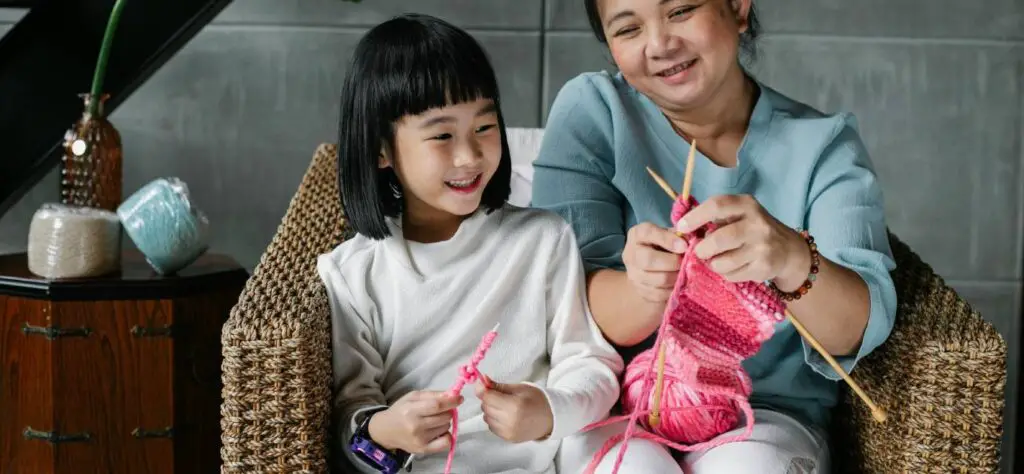
Why is knitting so hard?
Knitting is considered hard due to the need for precision in stitches, patterns, and techniques like tension control. Beginners may struggle with maintaining consistent tension or following complex patterns. With practice, these skills become easier to master.
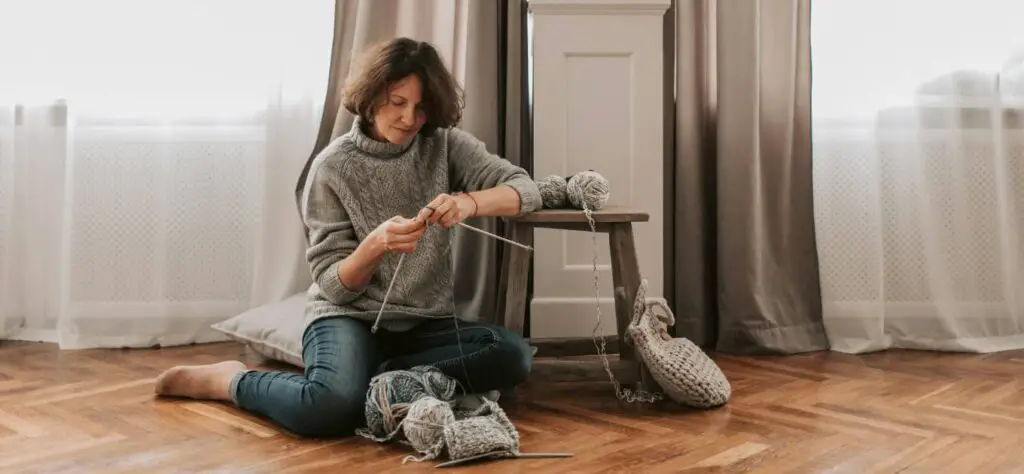
Why is knitting so addictive?
Knitting is addictive because it offers a satisfying mix of creativity, rhythm, and accomplishment. The repetitive motion can be calming, and the tangible progress of creating something from scratch keeps people engaged. Each project can spark the urge to start another.
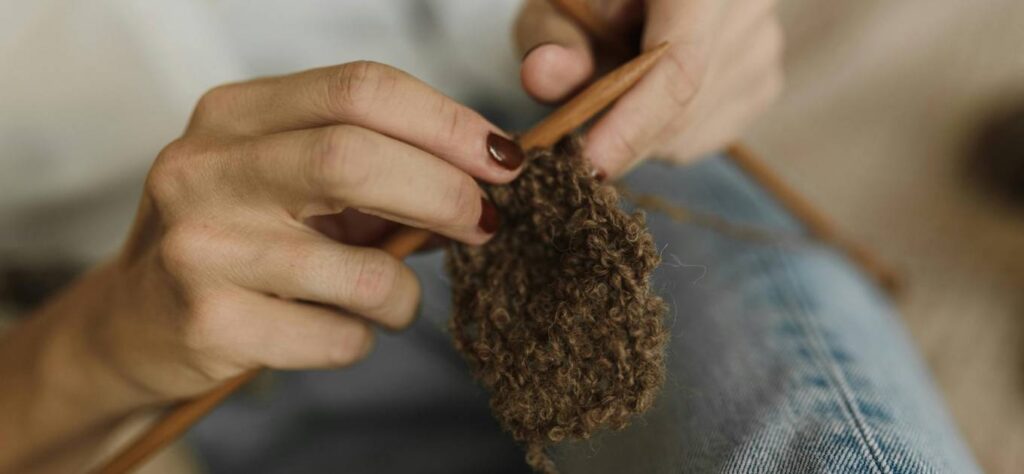
Why is knitting important?
Knitting is important because it combines artistry and practicality, creating garments and textiles while preserving cultural traditions. It fosters community, self-expression, and sustainability by allowing people to make custom, handmade items instead of buying mass-produced ones.
Why is knitting good for you?
Knitting is good for you because it promotes relaxation and mindfulness, reducing stress and anxiety. Its repetitive motions can improve fine motor skills and hand-eye coordination, while the sense of achievement boosts mental well-being and fosters creativity.
